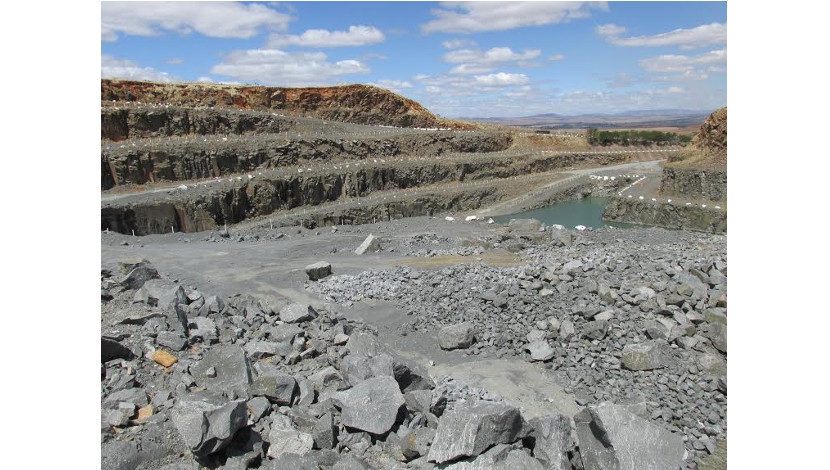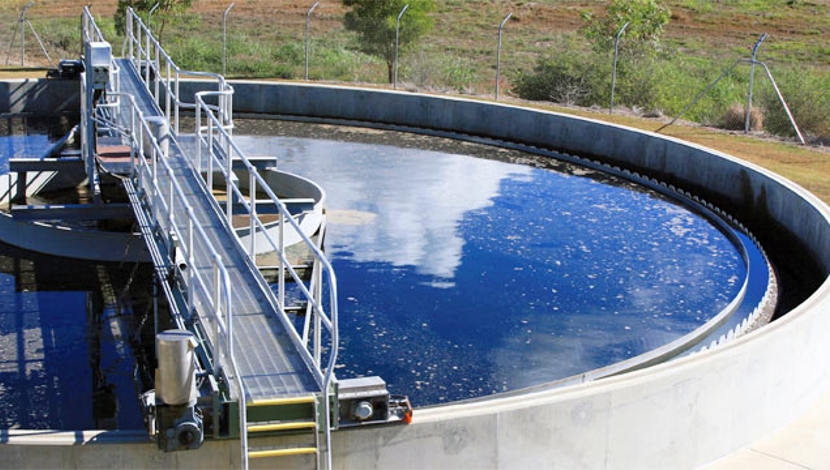

In the USA the economic worth of natural aggregates has been illustrated with a study suggesting that the industry in that country supports an estimated $122 billion of direct and indirect sales per annum and between 364 000 and 600 000 jobs across a wide range of industries.
It is regarded as the foundation of the nation’s infrastructure providing most of the raw materials used to build its residential and government infrastructure, as well as being extensively used in agriculture, chemical and metallurgical processes. The combined money-value, as well as the contribution towards developing physical infrastructure, therefore makes aggregates one of the most important natural materials used by modern society.
In South Africa, the economic impact of aggregates is no less significant and contributes significantly to the national and regional economies. It also supports a significant workforce employed directly and indirectly in the sector. However, its main impact is felt in the construction industry where aggregates make up the main component of materials used on the country’s building sites.
Allied economies
According to Nico Pienaar, director (Aspasa), we are trying to move away from the decription as we are recruiting other candidates, production of sand and stone aggregates and other construction materials is closely linked to the construction industry. It follows cyclical patterns in response to demand for materials with volumes peaking during periods of high construction activity and turning downwards when the opposite is true.
“However, these cycles are not necessarily as marked as overall movements in the construction industry, as can be seen with the recent downturn during which the construction materials industry still performed remarkably well. Even when construction turns down there is still a demand for construction materials to be used in lesser projects, maintenance of infrastructure, as well as other unaffected industries.
“This kind of resilience in the construction materials industry is welcomed and will ensure that there will be adequate supplies of construction material when the market swings up again. Also, like the USA, South Africa’s infrastructure is in urgent need of rebuilding and when these projects finally see the “light-of-day” the industry will be ready to respond. The truth is that Government will need to spend tens-of-Billions of Rands on renewing the country’s infrastructure soon and when that time comes, the construction materisls industry must, and will respond, to ensure that development takes place at the required pace,” says Nico.
Fair play
He adds that South Africa’s construction materials industry is well developed and is among the most regulated in the world. “For the industry to remain resilient and strong we need to ensure that we have a level playing field with only legal and compliant quarries being eligible to supply new developments. In this way, we begin to look after the part of the industry that is responsible for the maintenance of sustainable jobs and for paying taxes and contributing positively towards the economy.
“With the knowledge gained from studies in the USA it is easy to see how important the construction materials industry is to both the economy, as well as the development of our infrastructure and country as a whole. Every one of these quarries should be treasured and supported for its role in supplying raw materials and upholding the livelihoods of workers, suppliers and all who benefit from its presence,” concludes Nico.




